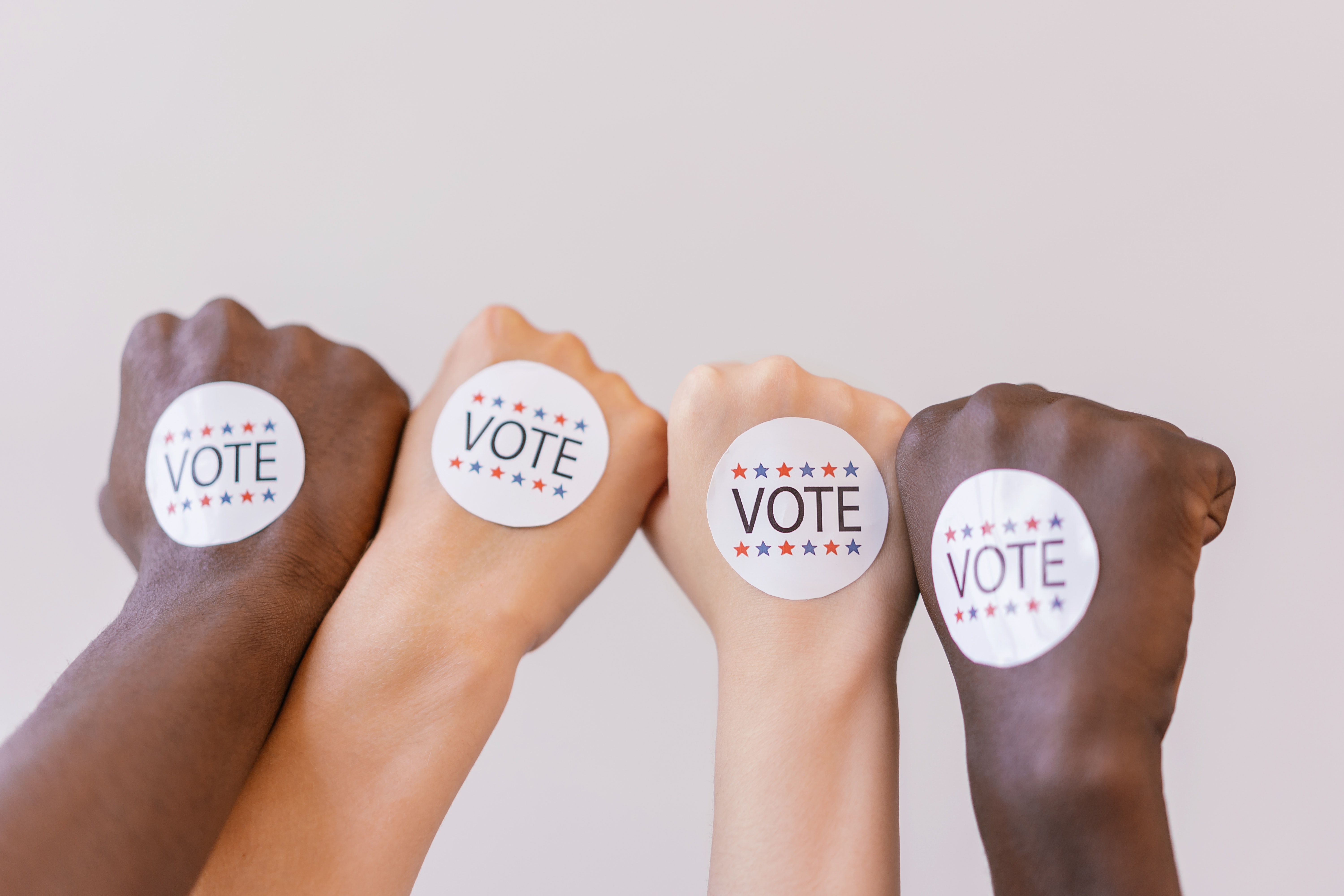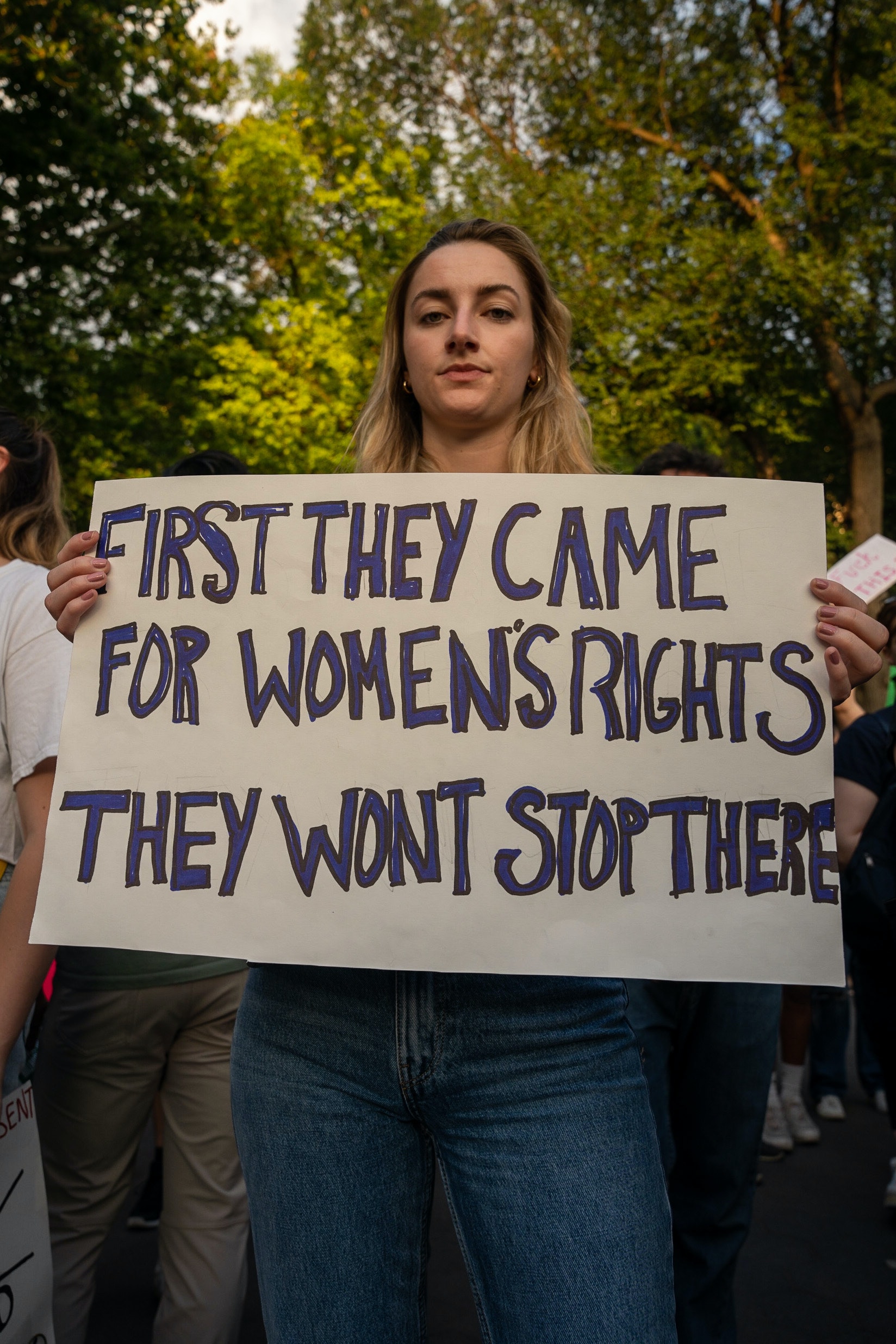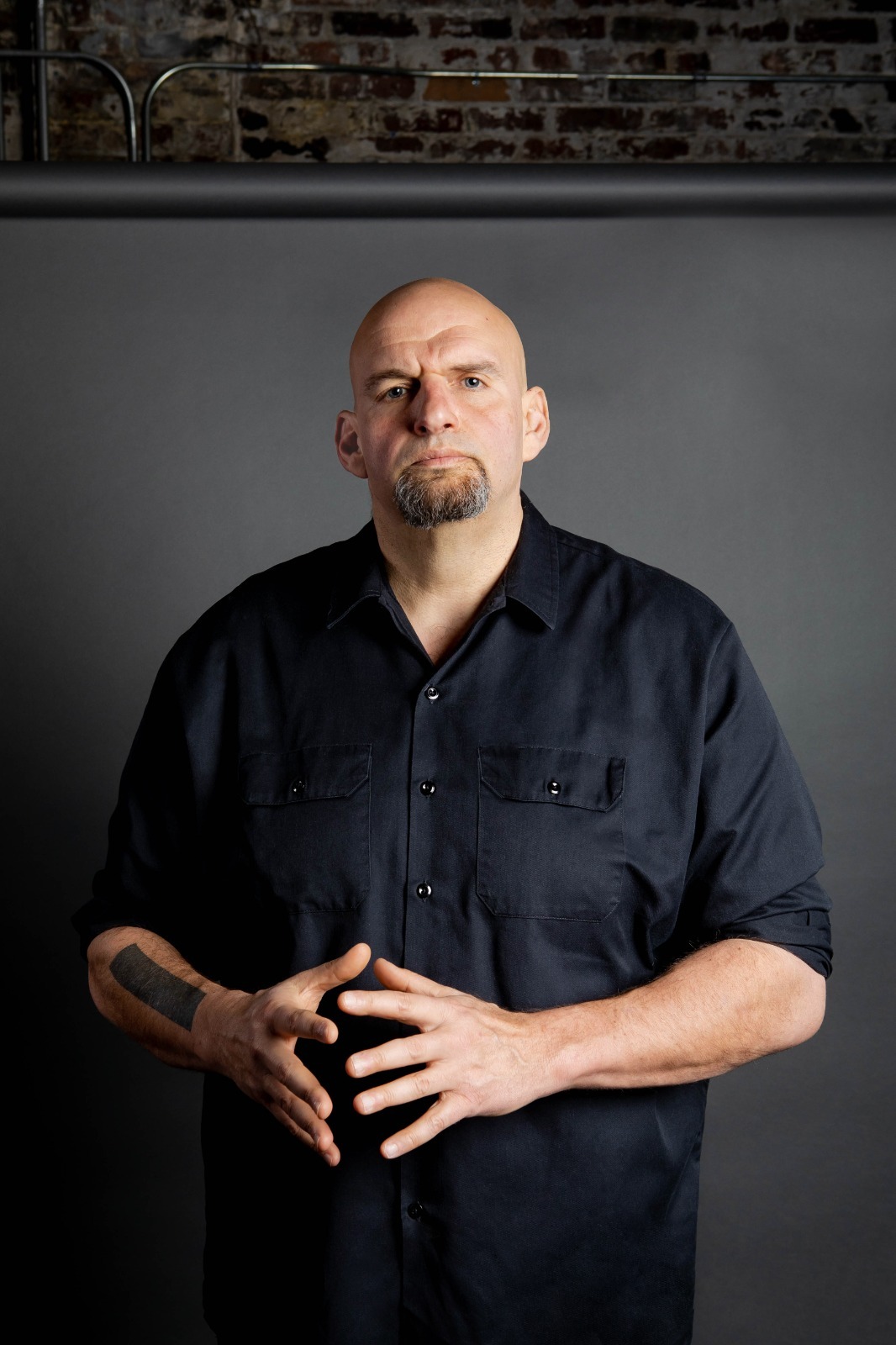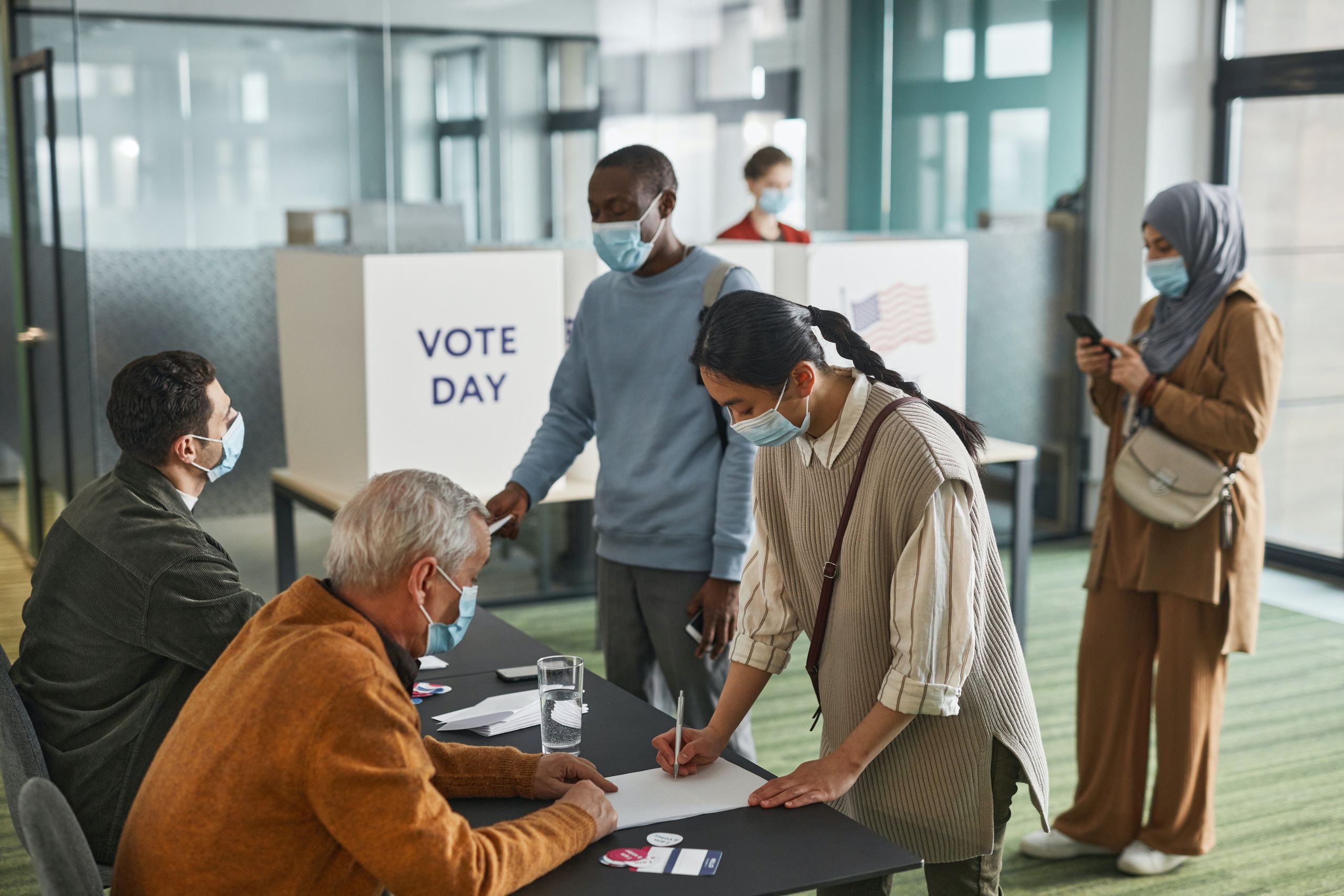After recent attacks on healthcare, LQBTQIA+ rights, and threats to the education system, it is more important than ever to show up at the polls. These challenges to our rights make this year’s midterm election one of the most important in recent memory.
Midterm elections, which occur in the middle of a presidential term, usually see the lowest voter turnout. I believe these elections hold more importance than presidential elections, because not only do the midterms decide who will be elected into the U.S. House of Representatives and Senate, but governors and lieutenant governors are on the table for each state, as well as local officials, mayors, and state legislative seats.

Many people do not realize the impact local officials have on their daily lives, from education funding to reproductive health, and taxes. Most legislation is passed at the state level, and when these positions are on the ballot, that is when you have the most at risk. Although people have not been been as engaged in past midterms, more and more younger voters are showing up to have their voices heard at the polls.
A fight for change
I have participated in voting every year since I was registered to vote at 18 years old. Voting is one way I know that I will have an impact on the issues that matter to me, and to my community. Younger people are fed up with the post-COVID-19 world we are living in and the fight for change is greater than ever.

Generation Z and younger millennials are the most racially and ethnically diverse generation, and are on track to be the most highly educated. Growing up with both the highest record of school shootings and the Internet has made us more outspoken on political issues such as human rights, climate change, and gun control.
They’ve found their voices on social media and at the polls. While social media activism can be problematic at times, it forces these younger groups to be more involved in politics, fight against threats to our democracy, and start to demand change.
We are at the forefront of a new movement that aims to restore the balance of power between workers and management, and we are on our way to a historic increase in labor unions and workers’ rights initiatives. With the massive wealth gap in the United States (made worse by COVID-19), people are fighting for better wages and working conditions. That’s why we’ve seen a push for workplaces to unionize at Starbucks, Apple, Amazon, and The New York Times.
Not only is there a fight for more rights within the workplace but there’s also an ongoing battle to dismantle systemic racism. In the past few years, our society has seen a rise in protests and movements for Black lives and police reform. Although we still have a long way to go in the fight for racial equality, we have already seen some reform. Cities like Los Angeles, New York, and Baltimore have decreased funding for their police departments. Philadelphia, Milwaukee, and Indianapolis are among the few school districts that have implemented policies for racial equality in the classroom, and there is more awareness than ever of these issues.
The rise of progressive candidates
With younger generations becoming eligible to vote there is also a push for more progressive candidates on the ballots. Pennsylvania Lt. Gov. John Fetterman is running for U.S. Senator. Fetterman endorses policies such as protecting reproductive freedom, securing LGBTQIA+ rights, legalizing cannabis, guaranteeing healthcare as a fundamental right, and taking a more progressive stance on crime.
He believes that healthcare is a right, not a privilege, and wants to see quality affordable healthcare for all. Fetterman also wants to fight for gun safety laws to help prevent mass shootings as well as criminal justice reform.

In this midterm election, the governor’s seat is also up for grabs in Pennsylvania. Democratic Governor Tom Wolf has held the seat since 2015 and has put public education, reproductive health, and voting issues front and center.
In the aftermath of Roe v. Wade, access to abortion is now up to the states, and the candidates running for governor have drastically different stances the issue. Josh Shapiro, the Democratic candidate, says abortion is healthcare and he will defend reproductive health if elected. His opponent, Republican Doug Mastriano, has made it clear he will end funding to Planned Parenthood and sign the Heartbeat bill into law.
Shapiro believes in workers’ rights, Black economic equity, and voting rights. He believes in the right to vote and will defend our democracy. Shapiro has also prioritized safe, affordable housing, and recognized that Black Pennsylvanians are disproportionately affected by the current recession. He and his running mate for Lt. Gov., Austin Davis, know when Black communities prosper we all prosper.
Shapiro’s and Mastriano’s positions vary greatly when it comes to education. Mastriano believes in school choice and wants to drastically cut funding to our public schools and place a ban on classroom conversations about race and gender. Shapiro believes every child deserves to have a quality education, no matter race, socioeconomic status, or address. He will ensure access to equitable education for all and plans to fully fund Pennsylvania schools, put children’s mental health first, and ensure that a vocational path is a viable option.
This November our human rights are being challenged. Hopefully, we will see a higher turnout of voters looking for progress. I will be at exercising my right to vote on Nov. 8 so my voice will be heard, will you?





